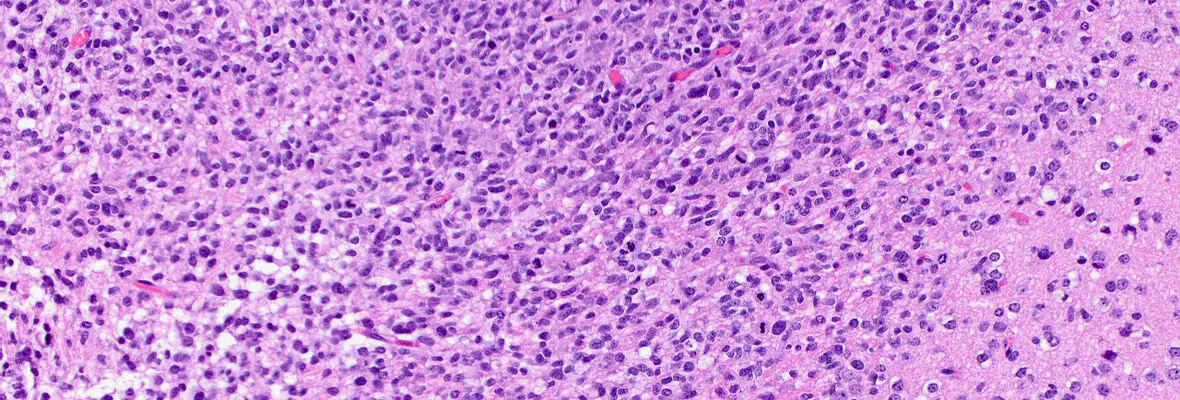Drs. Binder and O'Rourke's Areas of Research Interest and Activity
Most Recent Lab Publication!
Locally secreted BiTEs complement CAR T cells by enhancing killing of antigen heterogeneous solid tumors
Yin, Yibo; Rodriguez, Jesse L; Li, Nannan; Thokala, Radhika; Nasrallah, MacLean P; Hu, Li; Zhang, Logan; Zhang, Jiasi Vicky; Logun, Meghan T; Kainth, Devneet; Haddad, Leila; Zhao, Yang; Wu, Tong; Johns, Emily X; Long, Yu; Liang, Hongsheng; Qi, Jiping; Zhang, Xiangtong; Binder, Zev A; Lin, Zhiguo
ISSN: 1525-0016 , 1525-0024; DOI: 10.1016/j.ymthe.2022.05.011
Molecular therapy. , 2022, Vol.30(7), p.2537-2553
The Binder/O’Rourke Laboratory in the Department of Neurosurgery is focused on Neuro-Oncology and developing the next generation of therapeutics for brain tumors.
Chimeric Antigen Receptor T Cells
Tumor heterogeneity and an adaptive immunosuppressive microenvironment are two major barriers to chimeric antigen receptor T (CAR T) cell immunotherapy for solid tumors, including GBM. Identification and targeting of tumor-specific GBM neo-antigens will facilitate the development of personalized CAR T approaches. Approaches to characterize and understand the GBM tumor microenvironment (TME) after CAR T cell therapy will also likely lead to more efficacious combination immunotherapies. We are involved in identifying new and novel targets for CAR T cells, generating CARs specific to the targets, and demonstrating tumor killing activity in a variety of in vitro and in vivo model systems.
EGFR Targeting
A primary research focus has been EGFR/erbB kinases in GBM signaling and therapeutics. Our recent efforts at UPenn have involved targeted immunotherapy directed at EGFR oncogenes in GBM, in particular, EGFRvIII peptide- and CART cell-based approaches. Additional investigative efforts have involved noninvasive MRI-based detection of EGFR oncogenes and RNAseq-based novel GBM diagnostics. We have also recently demonstrated a negative survival impact with the expression of a specific EGFR missense mutation (EGFRA289D/T/V) and further examined the biological impact of this mutation.
T Cell Engineering
Along with expressing CAR structures on the T cell surface, CAR T cells provide another route for introduction of small molecules and blocking antibodies. We are examining T cell engineering methods for supplementing CAR T therapy. These efforts are focused on increasing the tumor inhibitory activity of the CAR T cells, reducing the risk of off-target effects, and circumventing the delivery difficulties presented by the blood-brain-barrier.
Tumor Bank
Dr. O’Rourke serves as the Director of the Human Brain Tumor Tissue Bank, a Penn-Children’s Hospital of Pennsylvania joint initiative to preserve tumor tissue and matched blood from Neurosurgery patients for future research. The Human Brain Tumor Tissue Bank has collected blood and tumor samples from over 1,800 patients. These samples are used for research projects both inside and outside of the University of Pennsylvania. Please reach out to Zev Binder with any questions regarding Tumor Bank access.
GBM Model Development and Characterization
We are able to benefit from Dr. O'Rourke's work in the OR, along with a close relationship with the other neuro-oncology tumor surgeons at the University of Pennsylvania, to obtain significant tumor tissue samples from GBM patients. These samples are used to generate a variety of GBM models, including both cell lines and patient-derived xenograft models. Ongoing work, in addition to establishing new models, includes elucidation of the stem cell nature of the models, comparison to the primary tissue sample, and evaluation of the in vitro and in vivo characteristics.


